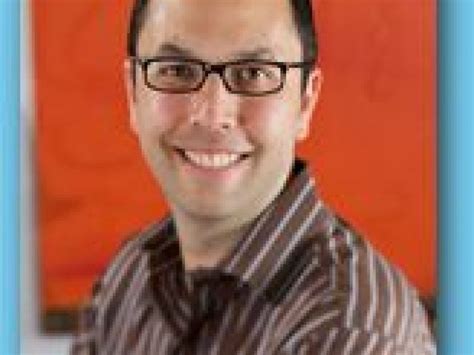A Quote by Marcello Truzzi
Scientists are not the paragons of rationality, objectivity, openmindedness and humility that many of them might like others to believe.
Quote Topics
Related Quotes
No matter how honest scientists think they are, they are still influenced by various unconscious assumptions that prevent them from attaining true objectivity. Expressed in a sentence, Fort 's principle goes something like this: People with a psychological need to believe in marvels are no more prejudiced and gullible than people with a psychological need not to believe in marvels.
Scientists are people of very dissimilar temperaments doing different things in very different ways. Among scientists are collectors, classifiers and compulsive tidiers-up; many are detectives by temperament and many are explorers; some are artists and others artisans. There are poet-scientists and philosopher-scientists and even a few mystics.
Believe in your dreams. Believe in today. Believe that you are loved. Believe that you make a difference. Believe we can build a better world. Believe when others might not. Believe there's a light at the end of the tunnel. Believe that you might be that light for someone else. Believe that the best is yet to be. Believe in each other. Believe in yourself. I believe in you.
Let others lead small lives, but not you. Let others argue over small things, let them complain over what might have been, but not you. Let others cry over small hurts, let them be discouraged, let them be revengeful and vindictive, but not you. Let others leave their future in someone else's hands, let them become materialistic and empty, but not you. Let others become ungrateful and stop praying, but not you! Let others give up, but not you! For you know in whom you believe and you know that He is always able. Now, that's you!
Many journalists become very defensive when you suggest to them that they are anything but impartial and objective. The problem with those words "impartiality" and "objectivity" is that they have lost their dictionary meaning. They've been taken over. "Impartiality" and "objectivity" now mean the establishment point of view.
Two great virtues . . . give a man power with the heavens - integrity and purity of character. Let a man possess these, let his heart be true and unflinching, let his life be pure, and, if we add to these humility, he is protected against a multitude of weaknesses and can resist a host of temptations. We all have our weaknesses; God has permitted them that we might be taught humility in ourselves and charity towards others.
You should not use your fireplace, because scientists now believe that, contrary to popular opinion, fireplaces actually remove heat from houses. Really, that's what scientists believe. In fact many scientists actually use their fireplaces to cool their houses in the summer. If you visit a scientist's house on a sultry August day, you'll find a cheerful fire roaring on the hearth and the scientist sitting nearby, remarking on how cool he is and drinking heavily.
It should be totally fine to question the objectivity of scientists and the power structures in scientific institutions. The physical laws of the universe are objective, but human beings in any context are not. That includes with regard to science. To some extent, the supposed objectivity of science has given a lot of extra cover to very subjective and eccentric approaches to exploring aspects of ourselves and the universe around us.
...scientific power is like inherited wealth: attained without discipline. You read what others have done, and you take the next step. You can do it very young...there is no mastery, old scientists are ignored. There is no humility before nature...Its a form of inherited wealth. And you know what assholes congenitally rich people are.
































